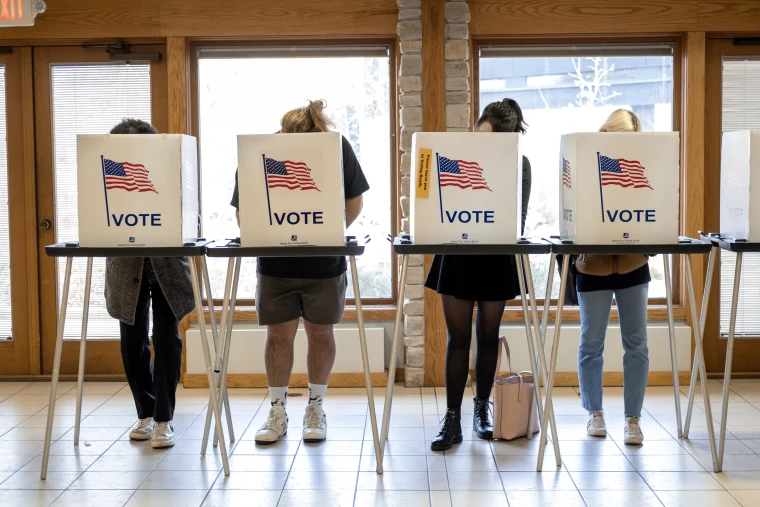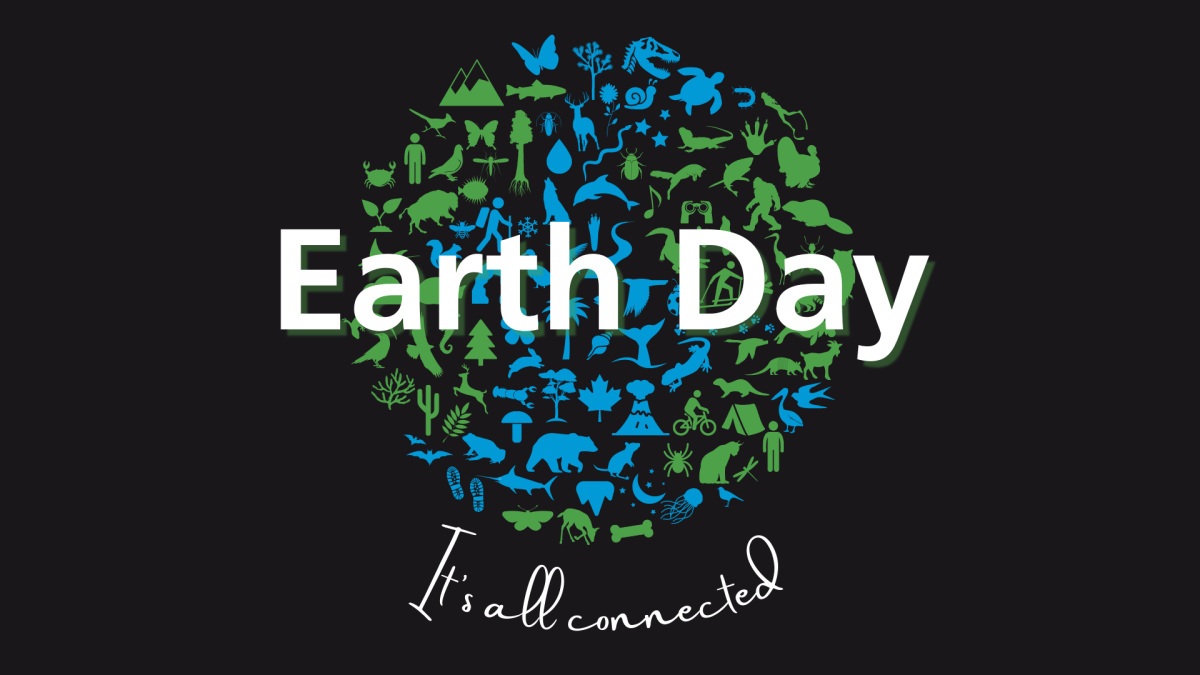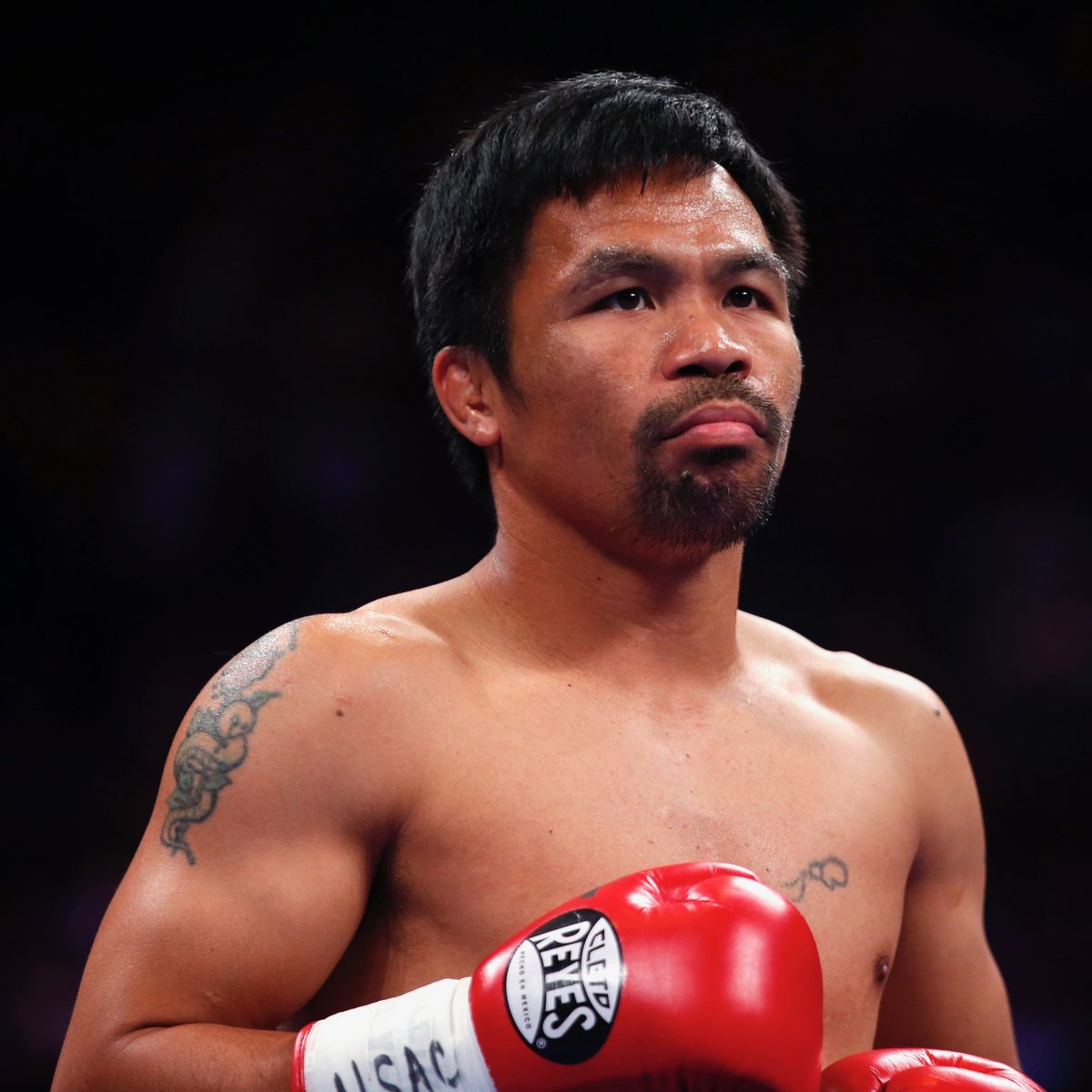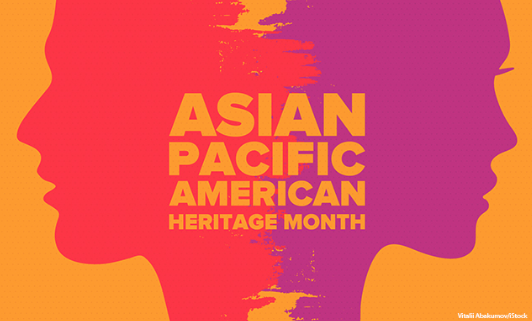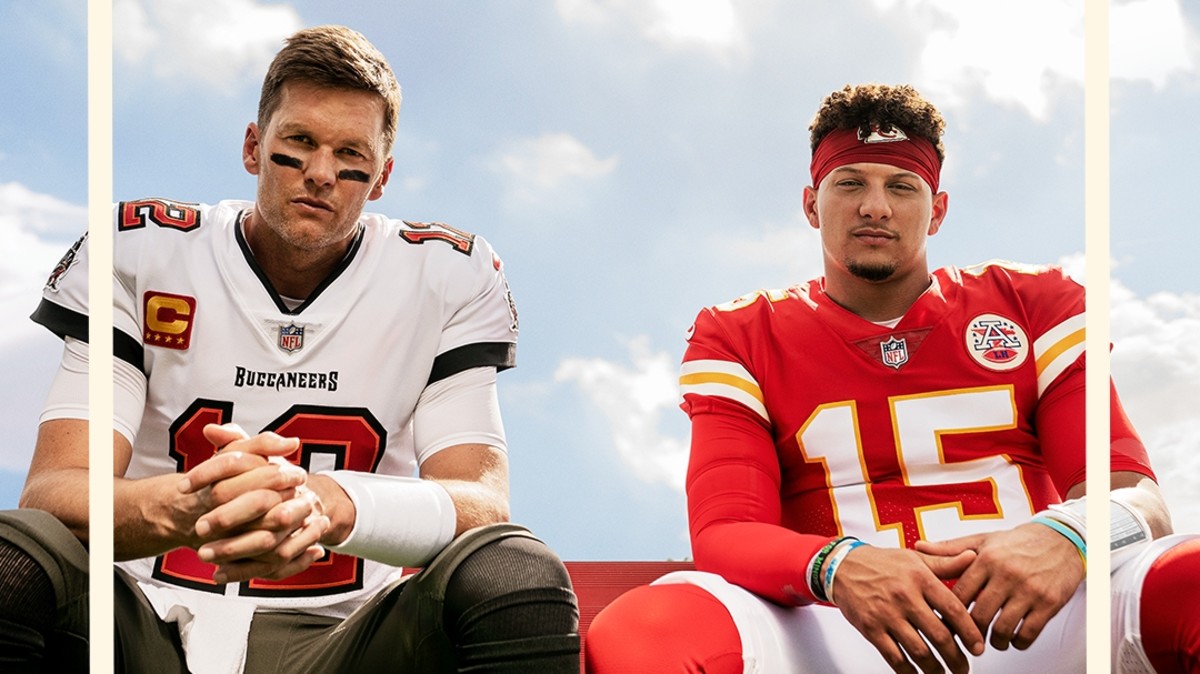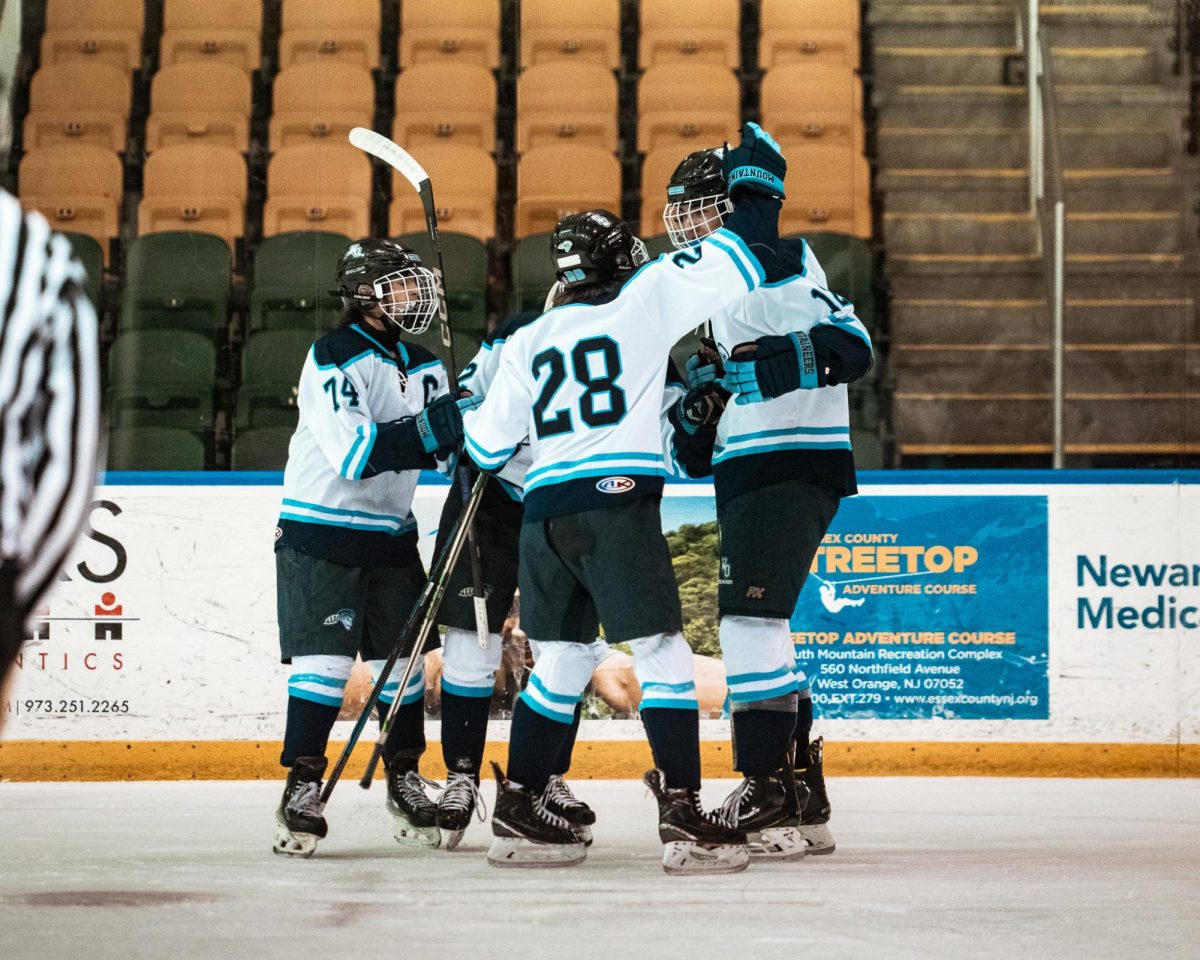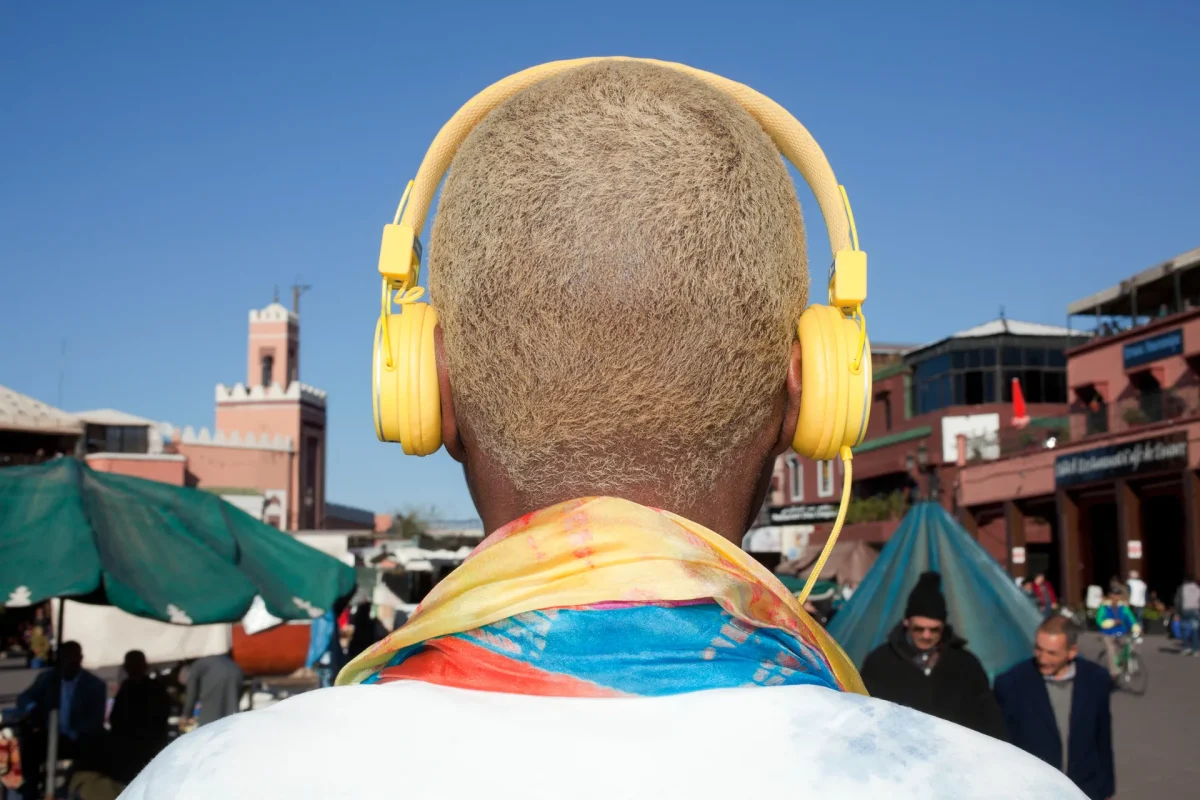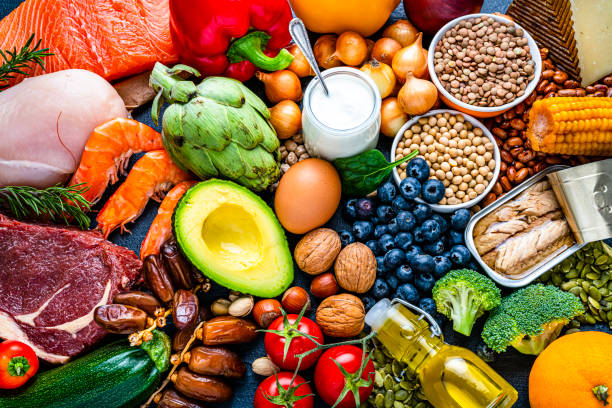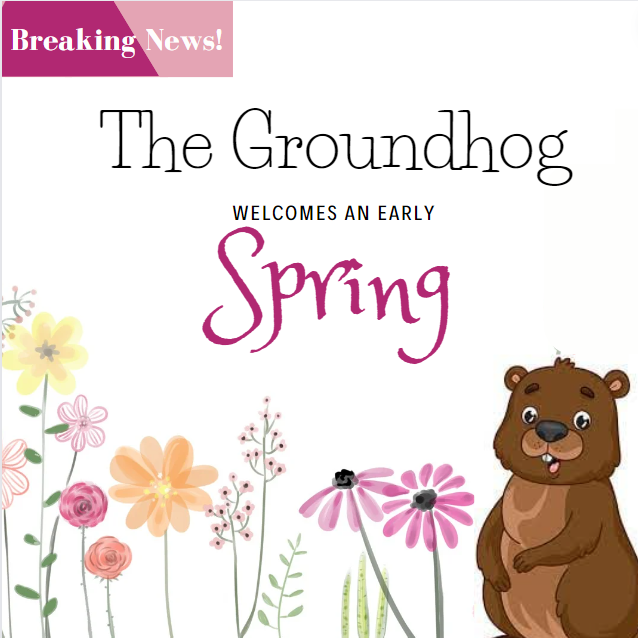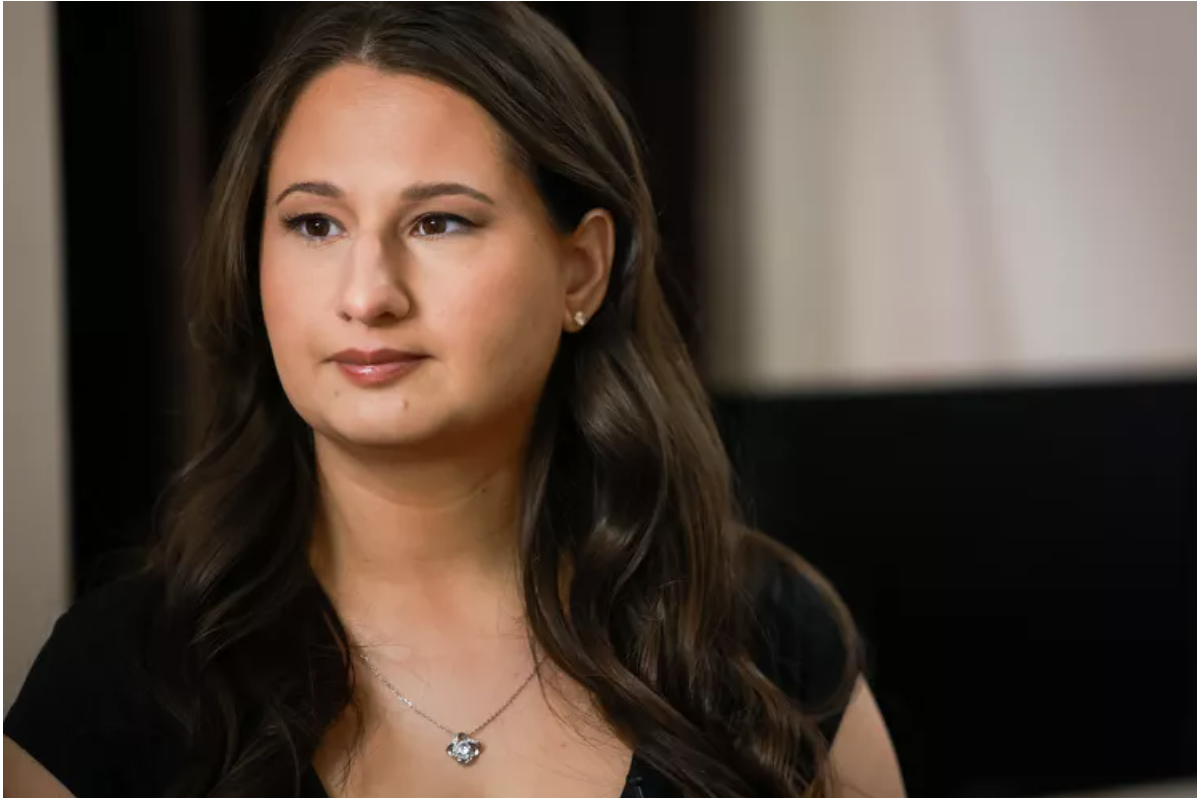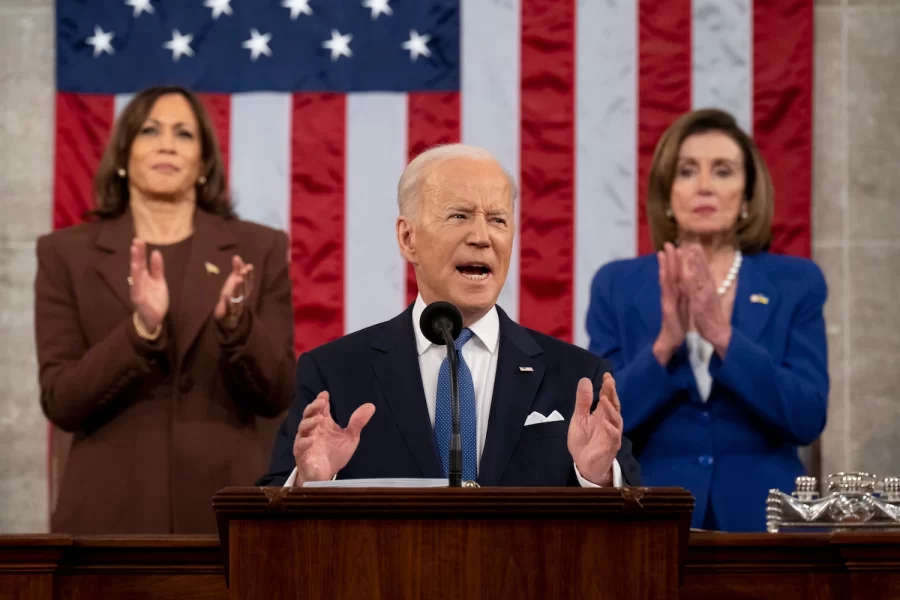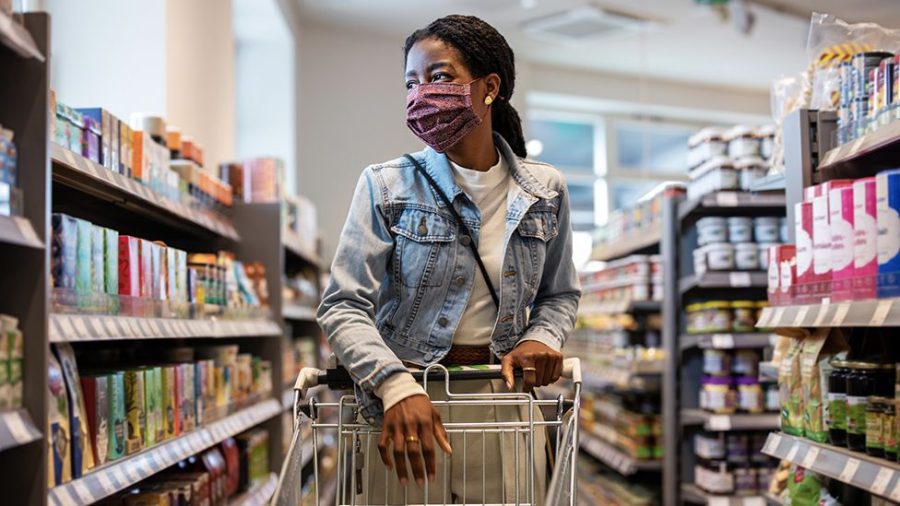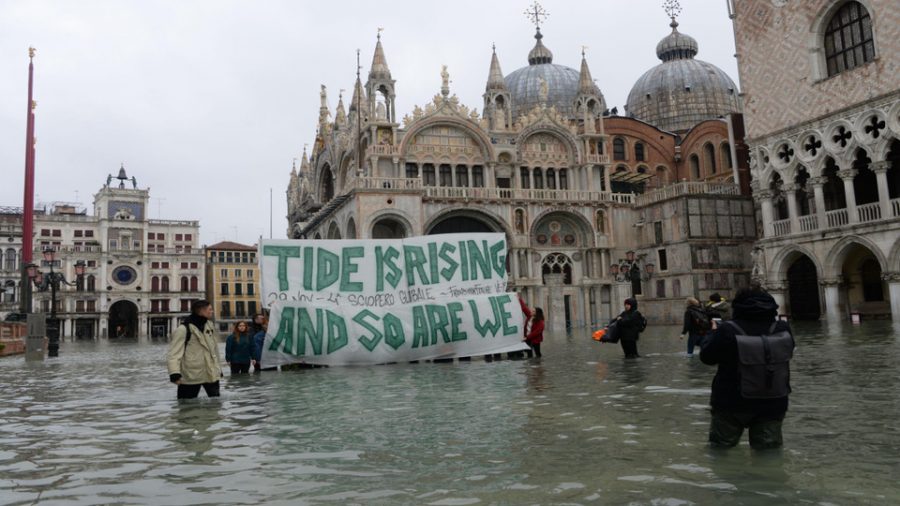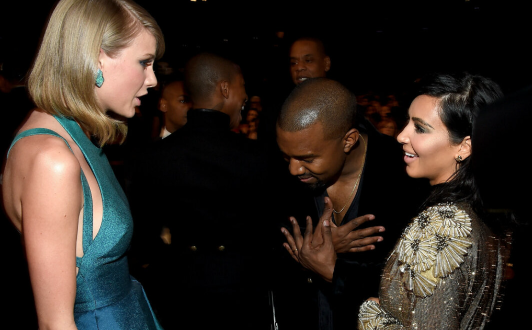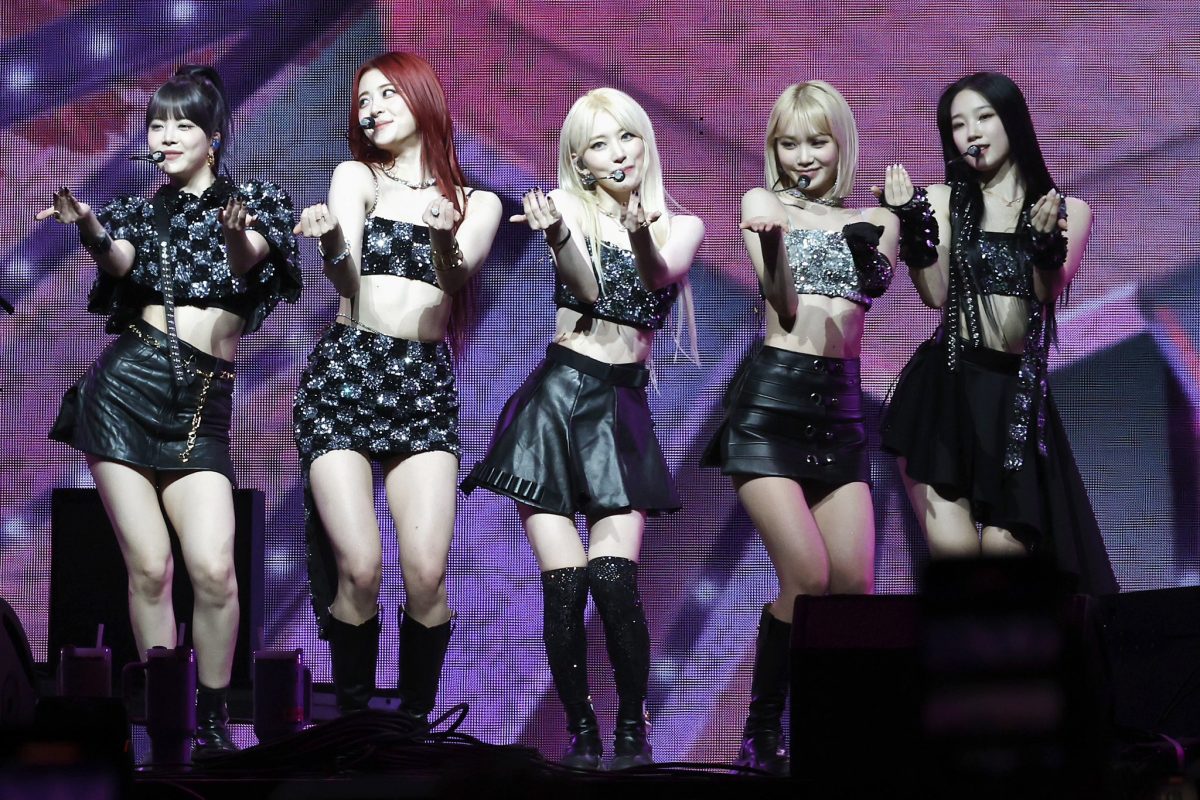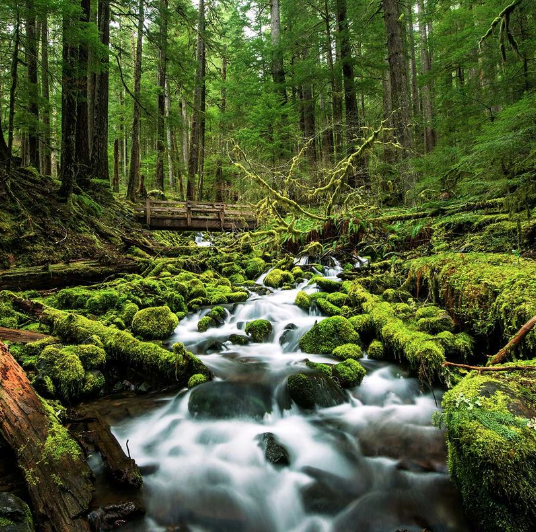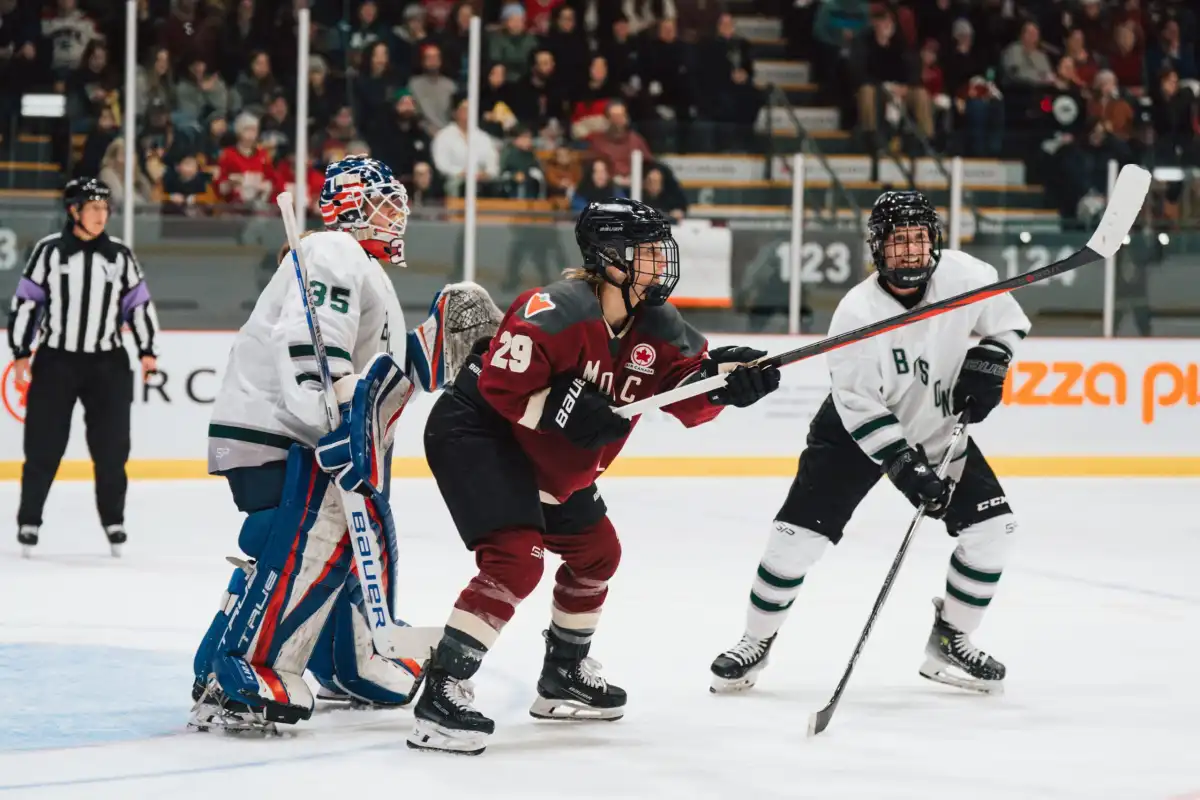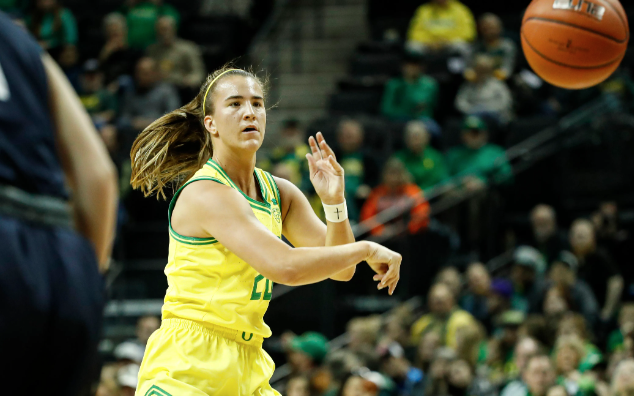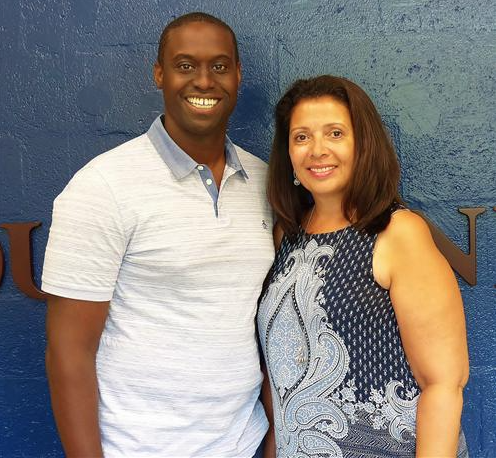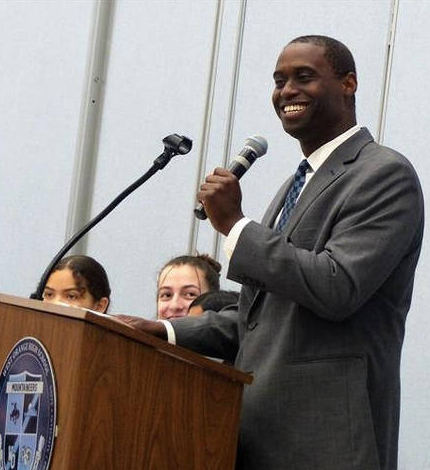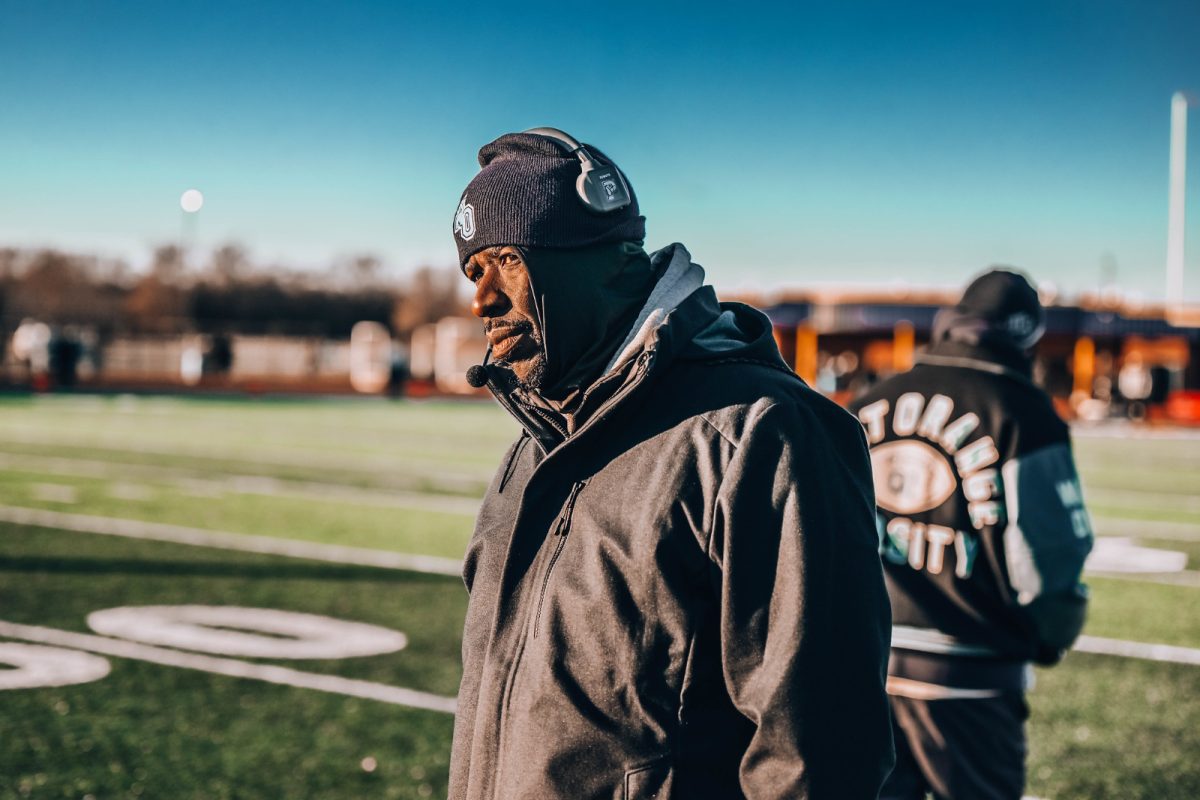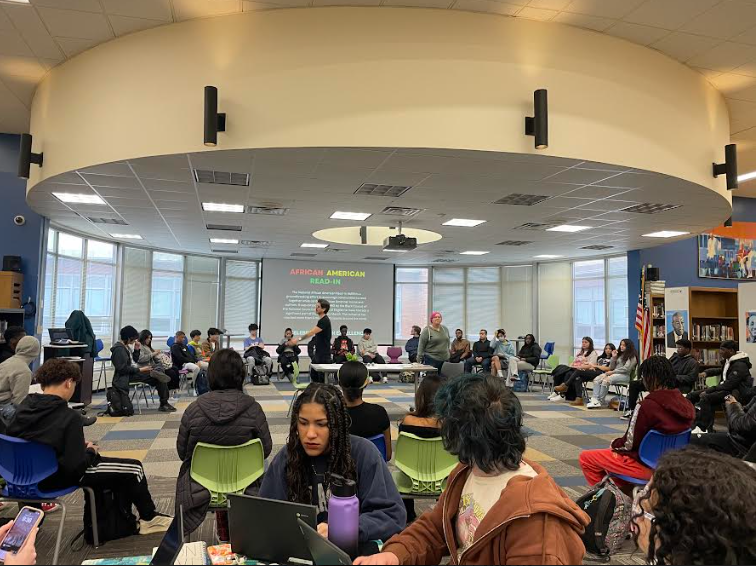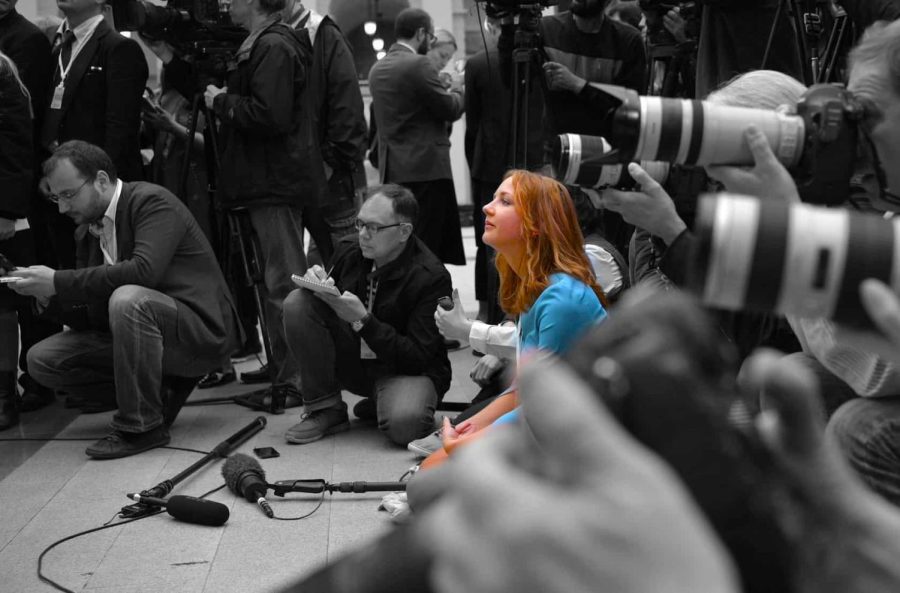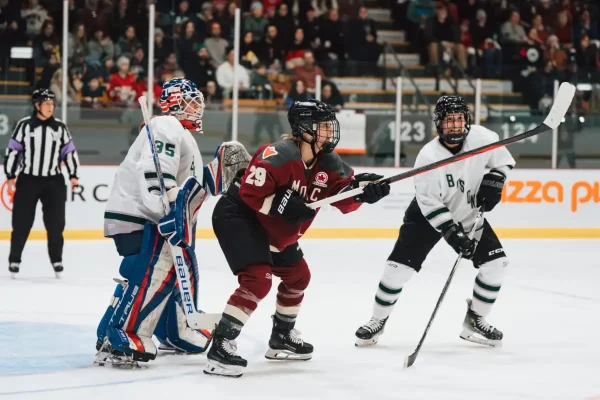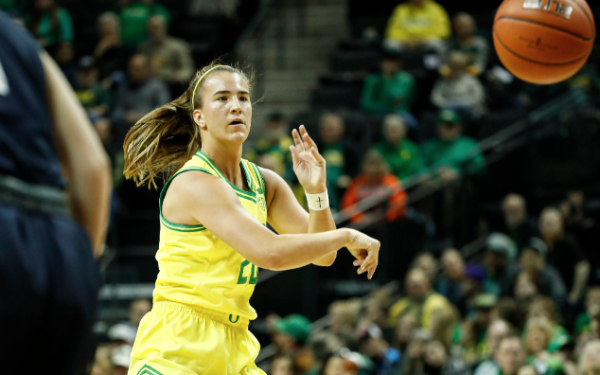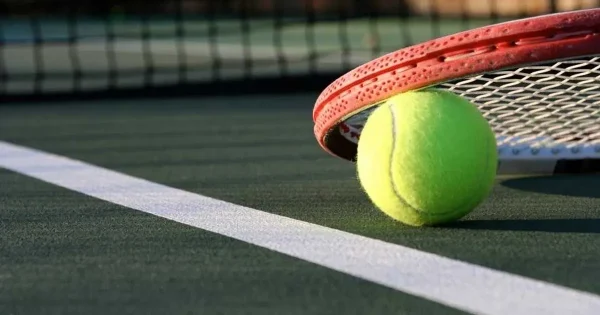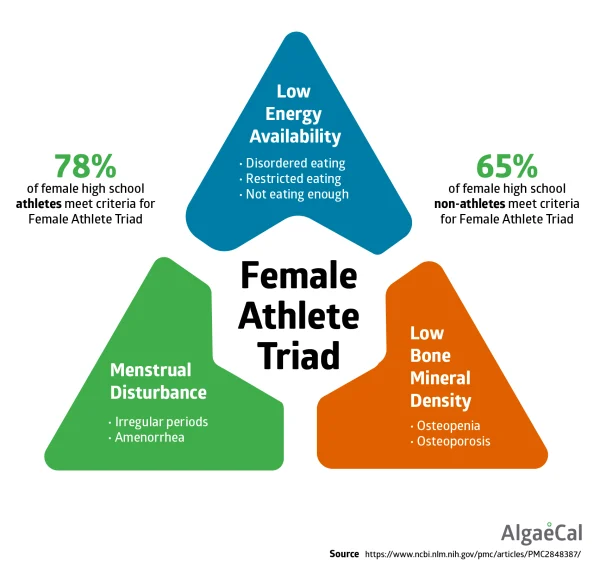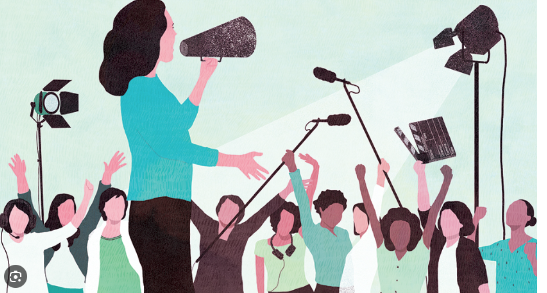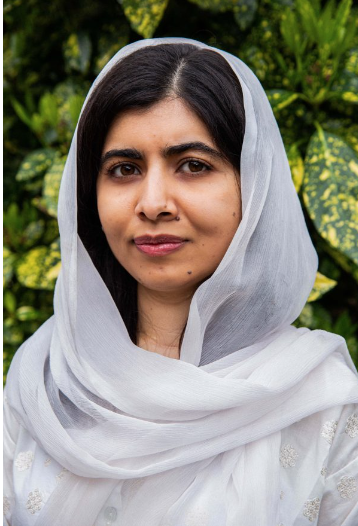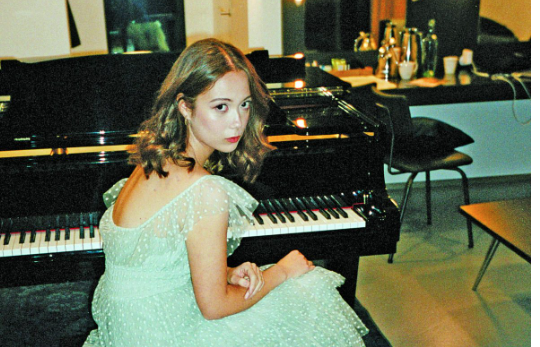Women in Journalism
Women in journalism have faced and overcome barriers, contributing so much to the field. In this male-dominated environment, it can be difficult for women to prosper which is evident in the challenges generations of women have seen. However, success is possible and a passion for the career is guaranteed.
While women have earned a respectable place in the newsroom, underrepresentation still remains an issue. Studies show women appear in only a quarter of tv, radio, and print news stories. Of them, 19% of women are featured as experts, and 37% of women report stories globally.
However, the BBC recently initiated a project that intended for their channel to achieve a 50:50 ratio regarding gender representation. So far, 500 shows have involved themselves today since the movement started in 2017. Some have even been so successful as to reach a ratio of 50%+ in women’s contribution.
The idea started with Ros Atkins, a host for BBC’s Outside Source and Ros Atkins on the Week, who wanted to see a change in the journalism community after witnessing the disparities firsthand for 20 years. The process, which led him to find success for the program, was in recording statistics of women brought onto the show as professionals. By referencing that data he pushed for the best women to represent a topic, value, or ability and gave them the opportunity for on-the-air time. This is good news for the future of engaging women in the field.
There are other factors that draw women away from working as a journalist. The lack of safety that women in journalism face cause many to feel skeptical about working for publications or networks.
This goes beyond negative threats, women face both in-person and online attacks. They can experience physical assault, rape, trolling, and hate speech. About 40% of women avoid reporting certain stories so as to divert negative reactions based on their gender. Additionally, a large factor that makes women feel less safe in their workplace is male bosses or co-workers who represent a large portion of the violence, more than that of viewers or bystanders. Women should be able to work peacefully without fearing for their well-being, especially considering the talent that women contribute.
Women have been a part of journalism since the 19th – 20th centuries. Girls took jobs as newsies and ran paper routes alongside boys. Their role as newsies showed that women could handle jobs as well as men, proving what they could do as professionals.
As the 20th century progressed, gender stereotypes made it harder for women to obtain jobs as journalists. Many people assumed women could only operate as domestic housewives which, when joining the field, restricted them to softer topics/news. These would normally relate to articles about relationships, home life, cooking, and fashion and less about more important conversations, despite their capabilities.
One of the most influential women who greatly impacted the world of journalism was Barbara Walters. She broke barriers and opened the door for future women to achieve more than she had when starting her career. Unfortunately, she died at age 93 in 2022.
Walters started on the TODAY show in 1966 as the only female producer and co-host at the time. Originally, she was given stereotypical fluff stories until she was promoted to take on ABC’s magazine-style show 20/20.
It was difficult to avoid criticism and form relationships with male coworkers. Frank McGee created a rule that allowed Walters to ask a question only after he asked three in an interview. She also had a rocky relationship with Harry Reasoner while they co-hosted ABC Evening News together, he refused to speak to her off the air. Additionally, co-host Peter Jennings cut her off, never said thank you, and took her talent for granted.
Yet, Walters persisted and was credited with asking the tough questions. She was considered pushy but that worked to her advantage as she always got the job done. She took on the hard-to-interview interviewees with a sense of respect and authority.
In statements after her death, reminiscing Walters’ influence, many women in journalism recalled how she provided them with friendship and guidance. Thanks to her, they were able to make a name for themselves and take their careers further than expected. Some even joined the field because of the possibilities they saw Walters display, calling her a force.
Women have a long history in journalism, from rocky beginnings to taking on fulfilling roles and finding themselves on the front line. Time and time again women prove their worth as members in the field of journalism.


